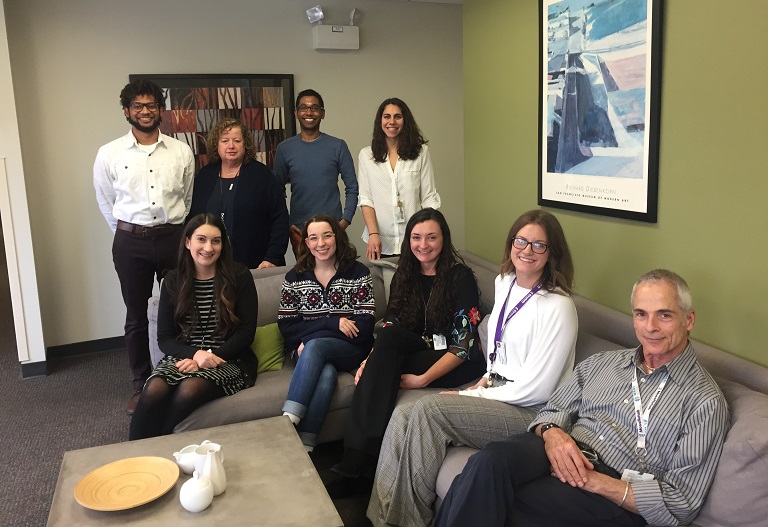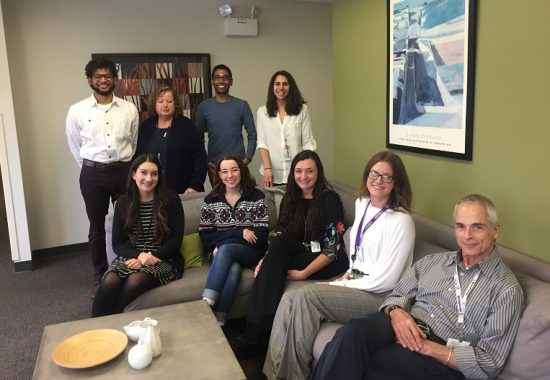
Scientists at MRRI work with individuals with brain injury year round, and we are committed to helping raise awareness of brain injury during Brain Injury Awareness Month. For over 30 years, the Brain Injury Association of America and organizations across the country have engaged in public awareness campaigns each March to educate the general public about brain injury, empower people with brain injury and their caregivers, and highlight support available to people living with brain injury.
This month, MRRI is excited to highlight the work of its exceptional researchers in the area of traumatic brain injury (TBI). The National Institute on Disability, Independent Living, and Rehabilitation Research (NIDILRR) provides funding support for institutions recognized as national leaders in clinical research and patient care through its TBI Model Systems grant program. A Model System is a center of excellence that performs at the highest level in research and treatment of a particular condition.
The Moss Traumatic Brain Injury Model System led by MRRI Institute Scientists Amanda Rabinowitz, Ph.D., and John Whyte, M.D., Ph.D. is currently one of only 16 TBI Model Systems in the United States. MRRI is honored to collaborate with outstanding clinicians at MossRehab’s Drucker Brain Injury Center to continue conducting cutting-edge research on brain injury and providing world class patient care for people with brain injury.
Moss has been continually funded as a TBI Model System Center since 1997. Over more than 20 years, MRRI Scientists and MossRehab clinicians have led and contributed to state-of-the-art research studies, shared their findings with the public, and provided comprehensive clinical care to help guide patients from injury through re-entry into community living. To complement their efforts within the TBI Model System, MRRI’s TBI research program also receives funding from the National Institutes of Health, the Patient-Centered Outcomes Research Institute, the Pennsylvania Department of Health, and the Defense Advanced Research Projects Agency.
In addition to Drs. Rabinowitz and Whyte, the TBI research group includes Institute Scientist Umi Venkatesan, Ph.D.; Scientist Emerita Tessa Hart, Ph.D.; Clinical Director of the Drucker Brain Injury Center Thomas Watanabe, M.D.; Scientist in residence Lyn Turkstra, Ph.D.; as well as an excellent team of research assistants and clinician partners.
TBI research done at Moss spans the full range of injury severity and chronicity, from concussion to disorders of consciousness, and from the first hours and days after injury to chronic long-term effects decades later. MRRI’s prior work includes clinical trials of medications and behavioral treatments targeting recovery of cognitive and emotional function, evaluation of the effects of duration and intensity of rehabilitation on outcomes, and development of new assessment measures, such as the Moss Attention Rating Scale (MARS) and a specialized tool to measure pain in people with severe TBI.
Some of MRRI’s ongoing research includes examining the potential benefits of combining Behavioral Activation therapy with mobile health technology to reduce depression and anxiety after TBI, refining the understanding of memory impairment after brain injury, and evaluating genetic factors related cognitive and neuroimaging markers of brain health in those aging with TBI.
Brain injuries can happen to anyone, and the research conducted by scientists at MRRI provides important knowledge to continue advancing and improving clinical care for people with traumatic brain injury.

